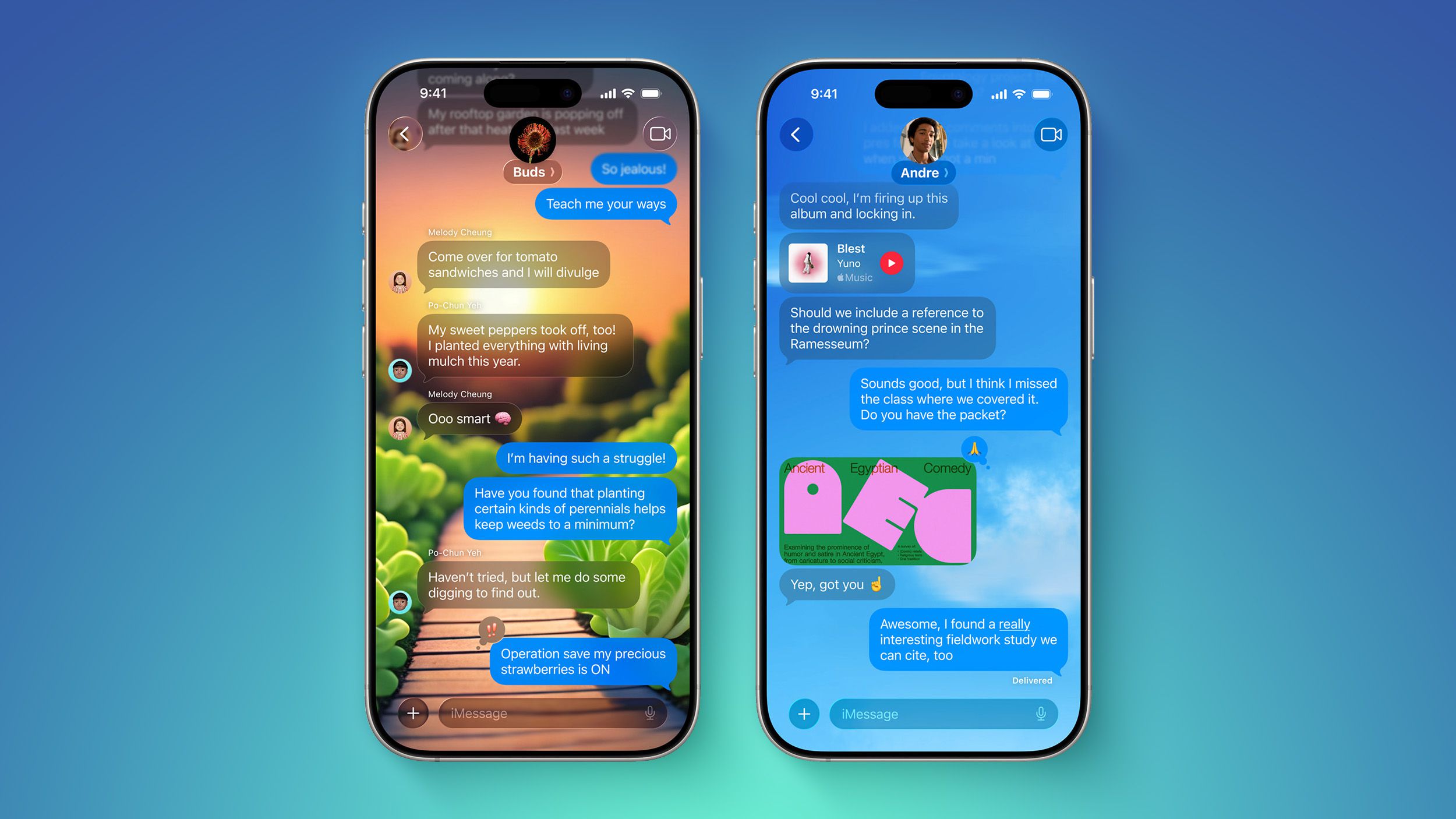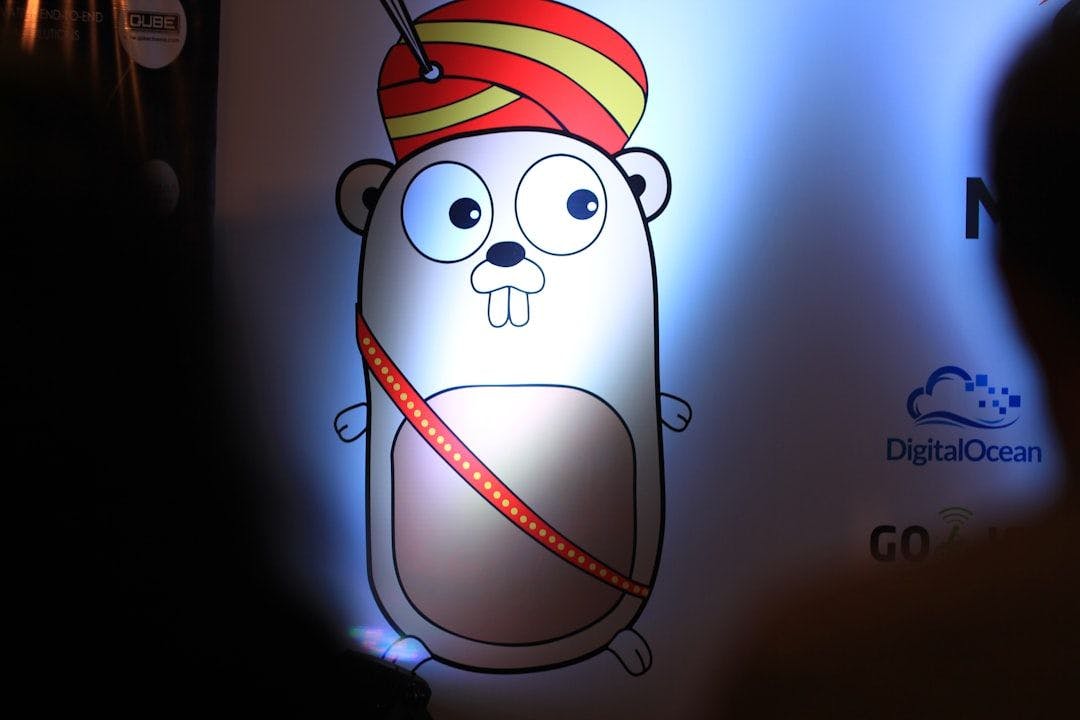Artificial intelligence is having its moment, but much of the buzz on the continent focuses on shiny use cases like image generation or coding assistants. Meanwhile, Natural Language Processing (NLP), a branch of AI that helps machines understand human language, remains underexplored by African startups. That’s a missed opportunity. With hundreds of languages, messy data formats, and customer service pain points across sectors, NLP is exactly the tool African startups should be using to build smarter, more inclusive products. From chatbots to sentiment analysis to document automation, the possibilities are practical, not theoretical. But adoption lags, often due to misconceptions, lack of local data, or fear of complexity. That needs to change, and quickly.
Why NLP fits Africa’s unique needs
Africa’s tech challenges aren’t always about access; they’re about context. One of the biggest: language. Most global AI systems are built around high-resource languages like English, Mandarin, or French. But in Nigeria alone, over 500 languages are spoken. In Kenya, Swahili dominates everyday interactions, yet barely registers in major AI benchmarks. That linguistic gap creates real business friction: customer support falls flat, marketing messages miss, and voice assistants fail. NLP, when localised, can help close that gap.
There’s also the problem of unstructured or informal data. Whether it’s medical records scribbled by hand, social media rants about telecom services, or voice notes sent over WhatsApp, much of Africa’s data isn’t clean or nicely labeled. NLP models trained on regional data can help extract meaning, classify feedback, and even summarise long messages. This opens up massive value for startups in fintech, health, logistics, and beyond, if they’re willing to invest in adapting the tech to local realities.
Real-world use cases are already emerging
Despite limited attention, some African startups are already showing what’s possible with NLP. In South Africa, startups like Botlhale AI are utilising NLP to assist businesses in processing customer queries in local languages, thereby accelerating support and enhancing the accessibility of digital services. In Ghana, developers have used Google’s open-source speech models and community-sourced data to build tools like Khaya, an app that transcribes and translates Twi and other local languages, filling gaps left by Big Tech.
And it’s not just about bots. NLP-powered sentiment analysis is being used to track how people feel about bank services or government policies by monitoring social media in real-time. In healthcare, NLP models trained on clinical notes are being used to surface overlooked symptoms and treatment patterns, helping providers make earlier, more informed decisions.
These are not moonshots. They’re low-hanging fruit, practical, scalable, and impactful. But they remain isolated efforts, not yet the norm. The next wave of African startup innovation will depend on making these capabilities mainstream.
Tools exist, so what’s stopping us?
The good news? You don’t need a Google-sized budget to build with NLP anymore. Tools like Hugging Face, Rasa, and Cohere offer pre-trained models and APIs that even small teams can use. Masakhane, a grassroots NLP research group, has developed models & datasets for dozens of African languages, freely available on GitHub. Google’s Text-to-Speech and Speech-to-Text APIs also support several local dialects, and open datasets are growing thanks to academic and community efforts.
The real bottleneck isn’t access. It’s awareness, mindset, and sometimes, fear. Many startups wrongly assume NLP requires deep AI expertise or huge compute power. But that’s no longer true. You can start with just one narrow task, say, auto-tagging support emails and tickets or analysing survey responses, and expand from there. What matters is starting. The infrastructure exists. The demand is clear. What’s missing is widespread experimentation, and that’s an opportunity for any African founder looking to stand out.
A call to action
Africa doesn’t need to wait for Silicon Valley to solve its data problems. NLP is not just for billion-dollar companies; it’s a tool that smart, ambitious startups can and should be using right now. The barriers to entry are lower than ever. The local needs are urgent. And the upside is huge: better products, more inclusive services, and a competitive edge that’s hard to replicate.
The AI race is global, but the solutions must be local. African founders who embrace NLP now, on their terms, won’t just be catching up. They’ll be building the next frontier of innovation where it matters most: in the languages, lives, and daily realities of their users.
______
Michael Umeokoli is a Nigerian software engineer and researcher with a focus on natural language processing (NLP) and artificial intelligence. His experience spans academic research, public sector technology, and AI model training, with a commitment to building responsible, effective tools powered by machine learning.
Mark your calendars! Moonshot by is back in Lagos on October 15–16! Join Africa’s top founders, creatives & tech leaders for 2 days of keynotes, mixers & future-forward ideas. Early bird tickets now 20% off—don’t snooze! moonshot..com











